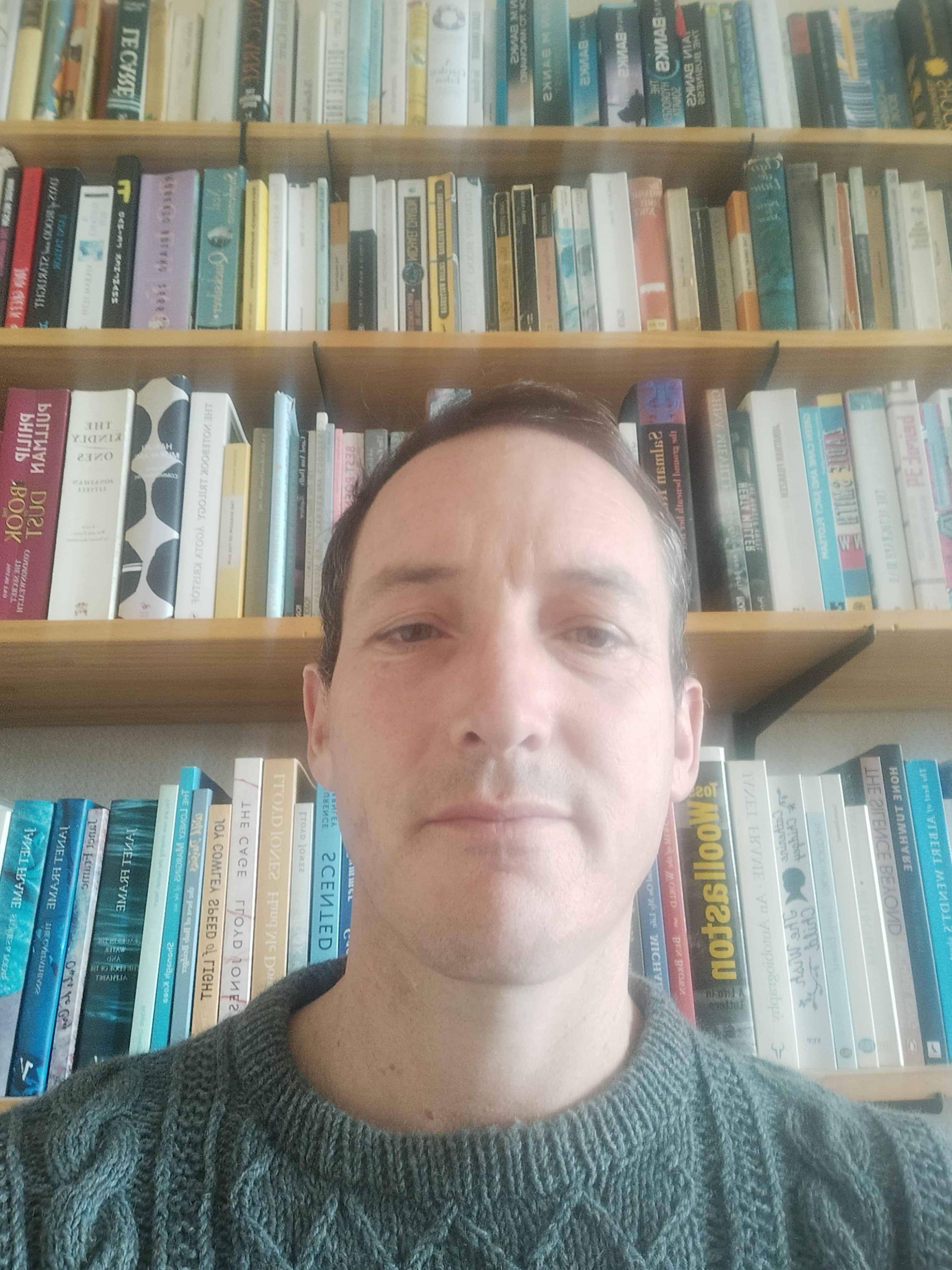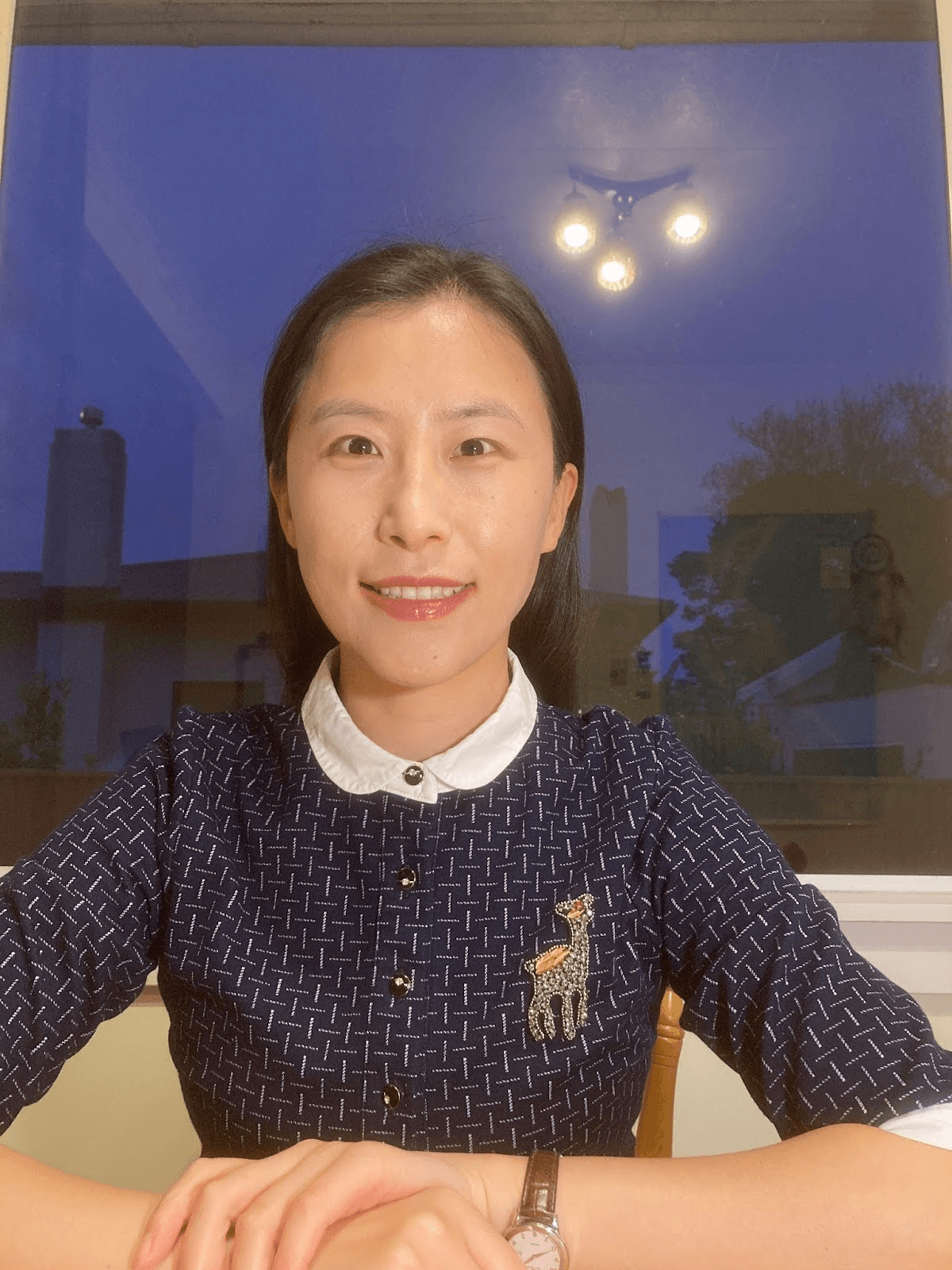EDUCATION POLICY
2025 Co-Convenors


Tom Haig
Tom is a policy practitioner more than researcher, with his day job being in the schools policy group at the Ministry of Education. Prior to this he worked at the PPTA, and before that taught English as a secondary school teacher.
Tom has published on schools as community hubs (Equipping Schools to Fight Poverty: A community hub approach, in Educational Philosophy and Theory, Vol 46, 2014, issue 9) and co-presented at NZARE Conference 2023 on school leadership.
Contact: haig.tom@gmail.com
Huidan Niu
Dr. Huidan Niu is an emerging researcher in education policy. Her PhD from Massey University (New Zealand) and experience with China's educational system allows her to learn from and contribute to both. Huidan is constantly developing her research skills, tackling topics like teacher professionalism and the impact of teacher unions. She has presented her findings at international conferences and co-authored publications, always striving to improve her communication and analysis. Huidan is passionate about education and enjoys sharing her knowledge. She currently lectures at IPU New Zealand and mentors students, fostering a supportive learning environment.
Contact: niuhuidan@gmail.com
Education Policy Seminar 2023
Judie Alison, Convenor Education Policy SIG
NZARE’s Education Policy SIG held a seminar on 19 May which tackled the question of whether it was time to abandon the Beeby/Fraser ideal as our underpinning goal. Professor John O’Neill had set up a provocation which suggested that given there have been marked changes in the context and our thinking since 1939, the statement may no longer adequately serve as an aspirational and inspirational call to action. If that was so, he asked, with what should we replace it?
After an exploration of the provocation by John O’Neill, six speakers tackled the question from their diverse viewpoints. They were Mere Berryman (Waikato), Bronwyn Wood (Victoria), Fuapepe Rimoni (Victoria), Judie Alison (ex-PPTA), Ellen Dixon (NZUSA) and Mark Potter (NZEI). All presenters had written papers which were pre-circulated to participants. This encouraged lively discussion among the 35 participants.
The final discussion concluded that Tomorrow’s Schools, by leaving so much to Boards, had damaged our ability to ensure equity across the system. We were agreed that an education system should be judged by how well it meets the needs of the most disadvantaged students, not by how it meets the needs of the majority. No principal or Board can claim success if anything they are doing in their school damages any other school in their community or across the system. We also agreed that we need a Finland-style cross-party consensus so that schools are not subject to constant policy change. Click on links to view papers from this event.
John O'Neill's introductory paper
Mere Berryman's paper
Ellen Dixon's paper
Judie Alison's paper
Bronwyn Wood's paper
Fuapepe Rimoni's paper